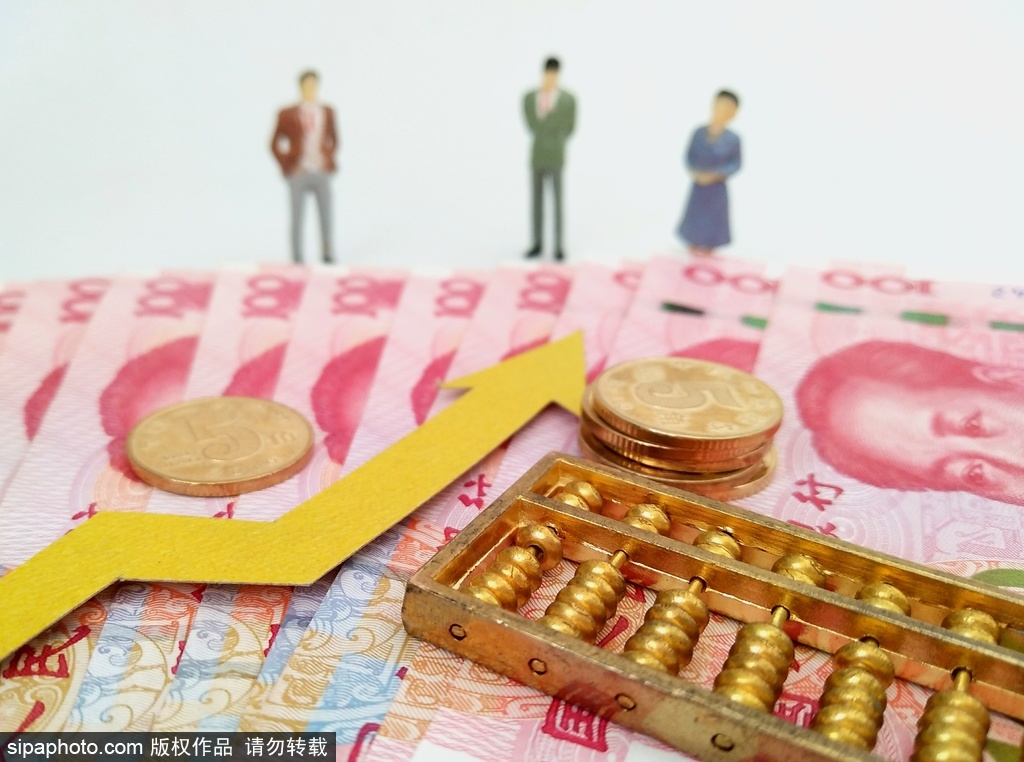
China may need to issue more government bonds to secure investment funds if it wants to reach a GDP growth target of 2.5 percent this year, said leading economist Yu Yongding.
The economy "urgently needs a growth boost" from an increase in infrastructure investment, Yu, a senior fellow and academician of the Chinese Academy of Social Sciences, told the webinar on Wednesday.
"Barring a resurgence of COVID-19, China's V-shaped economic recovery will continue, and the economy could post full-year GDP growth of 2.5 percent," said Yu, who estimated growth will continue to accelerate to around 6 percent next year.
For this year's target to be reached, the economy has to grow at a rate of about 6 percent in the second half of this year, he said.
This will require the government to sustain large spending levels and allow a rise in the deficit, otherwise it will be difficult to create as many jobs as planned.
Yu said this will create a dilemma. A loosened fiscal policy will increase government debt, but if the government cuts expenditures to prevent the fiscal deficit increasing, the growth rate will be lower.
Supported by a package of stimulus policies, China's economy bounced back from a 6.8 percent year-on-year contraction in the first quarter, to grow by 3.2 percent in the second quarter.
But domestic demand is still weak, reflected by the sluggish consumption figures for last month.
According to data released by the National Bureau of Statistics, China's consumption, which accounts for 55 percent of GDP, fell by 3.9 percent in terms of retail sales in the second quarter. However, the drop narrowed to 2.9 percent in June, compared with the 19 percent decline in the first three months of this year.
Yu said it will be more difficult to stimulate consumption as households will be anxious to replenish savings they depleted during the restrictions imposed to curb the spread of the COVID-19 pandemic.
On the bright side, export performance will have limited impact on growth in the second half, although it will be under some pressure, especially if China-US tensions escalate.
This is because China has become an economy mainly driven by domestic demand, he said.
Given the likely growth rates of consumption and net exports, fixed-asset investment will have to increase at a double-digit rate in the second half, Yu said. This will require the government to issue more bonds to finance additional infrastructure investment.
The People's Bank of China, the central bank, may need to introduce additional policy measures to facilitate the fiscal policy, including quantitative easing if necessary, Yu added.
China has adopted a package of fiscal measures to stimulate growth, including cutting taxes and fees for firms, exempting firms from paying social security premiums and providing subsidized loans and setting up relief funds for enterprises hit by the pandemic.
The government announced early this year that it was aiming for a total budget deficit in 2020 of 3.76 trillion yuan ($536.9 billion), equivalent to 3.6 percent of GDP, assuming that nominal GDP would grow by 5.4 percent in 2020, according to Yu.
The central bank also took monetary measures, including lowering the lending interest rate and reducing the reserve requirement ratio-the cash amount that financial institutions must deposit at the central bank to maintain ample liquidity.
YU Yongding, senior fellow and academician of the Chinese Academy of Social Sciences and a member of the National Development and Reform Commission's national planning advisory committee.
